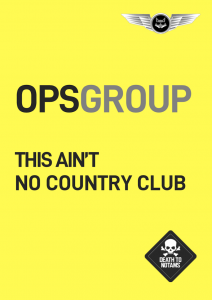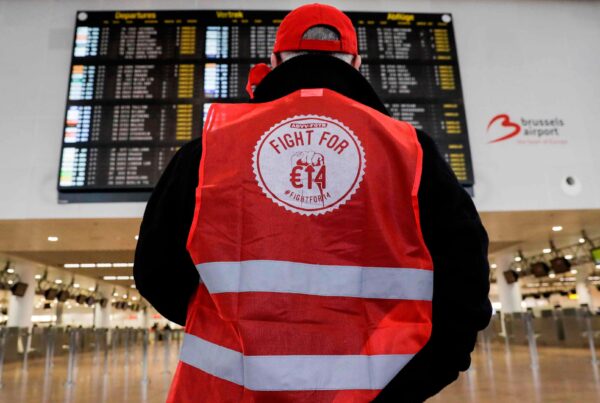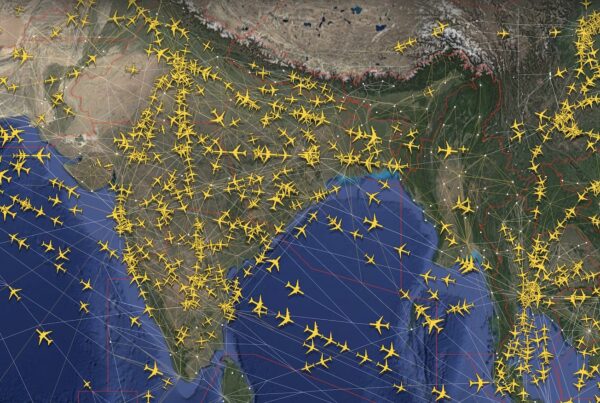Key Points
- There is an active outbreak of the Mpox virus in the Democratic Republic of the Congo.
- Sporadic cases are reported elsewhere.
- It does not spread easily between people.
- ICAO has released limited guidance to operators.
- Screening, vaccination requirements and travel restrictions are not recommended.
What’s going on?
Earlier this month, the World Health Organisation (WHO) declared the current outbreak of the Mpox virus a ‘public health emergency of international concern.’
A more virulent version of the virus emerged in the Democratic Republic of the Congo and has since been detected in several other African countries.
ICAO has now published limited guidance to airports and operators which effectively repeats what is publicly available advice from the WHO.
While the information is not alarming, we are of course monitoring things closely.
Here is a brief and no-nonsense rundown of what we know about Mpox and how it is affecting our industry right now.
A little context
It was previously called Monkeypox. Mpox is an infectious virus. Its symptoms have been well publicized. If you’d like to know more about those, click here.
The Mpox outbreak is not new. It has been spreading between people in a sustained outbreak since 2022. What’s changed recently is that a new strain (or ‘clade’) has emerged in Africa which is linked to more severe symptoms. Cases have sporadically appeared elsewhere.
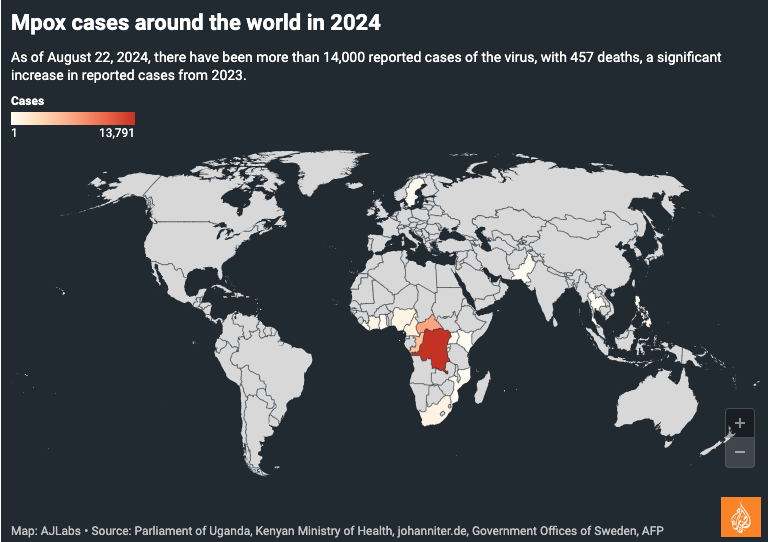
The latest outbreak of the Mpox virus.
But what does ‘Public Health Emergency of International Concern’ actually mean? That comes directly from the WHO’s own regs:
An ‘event which is determined to constitute a public health risk to other states through the international spread of disease, and potentially require a coordinated international response…’
It sounds alarming, but really suggests methods may need to be introduced to prevent another upswing in cases with perhaps more severe consequences than 2022. In their own words, WHO doesn’t want history to repeat itself.
These methods may be as simple as better health screening of passengers to prevent them from travelling while contagious.
Give it to me straight – how bad is this going to be?
According to WHO, Mpox is spread between humans primarily through extended direct skin-to-skin contact. It is not a respiratory virus.
Contaminated bedding, clothes, utensils and surfaces have also proved contagious.
Inevitably, aviation will have some part to play. But what’s important to note is that despite being a public health emergency, Mpox is not the new Covid.
When Covid emerged in 2019, it was novel – i.e. it hadn’t been seen before. There were no vaccines or natural immunity.
Mpox is not new (it was first identified in the 1950s). It is also far less efficient at spreading between humans. WHO themselves have said they know how to control it (through public health measures) and a pre-existing vaccine that is already available. They key is getting that vaccine to those who need it.
The risk of it spreading widely remains low.
Aviation Guidance
Thus far, it’s limited.
ICAO are saying this about international travel:
- Travellers should be given relevant information to protect themselves where Mpox may be a higher risk.
- Advise anyone who may have Mpox, or has been close to someone else with it, not to travel.
Notably they are not advising states to implement any entry/exit screening, travel restrictions or requirements for testing or vaccination.
Despite this, we have seen reports of temperature screening at airports in South Africa, Bangladesh and Pakistan – this isn’t cause for alarm.
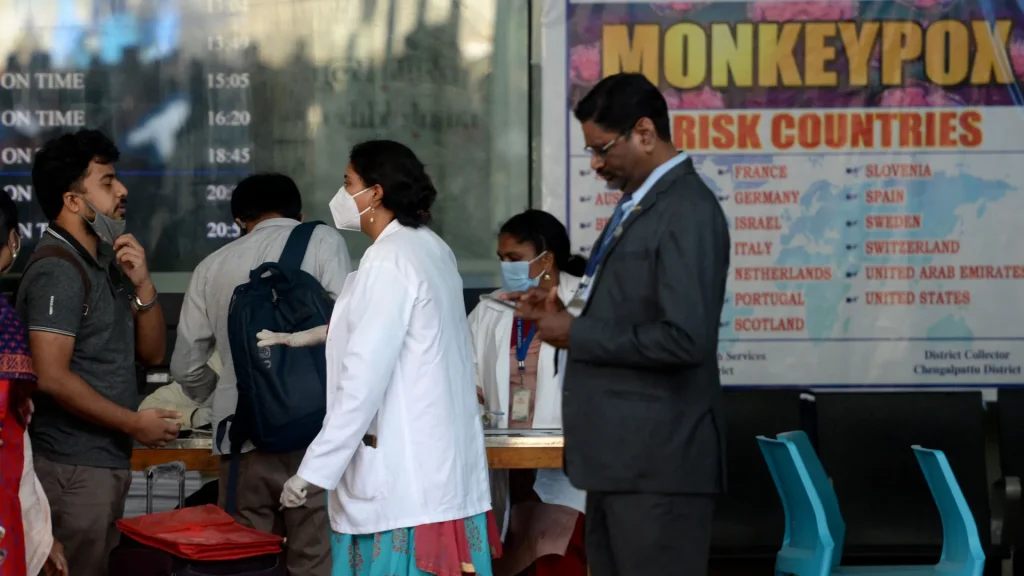
Despite additional health screening in some countries, the WHO is not officially recommending these measures.
Pilots and crew may need to travel to countries experiencing active outbreaks. In that case it is important you are familiar with signs and symptoms, along with ways to protect yourselves.
Keep in mind when you return, symptoms usually take up to three weeks to appear. You can chose to get vaccinated but it would be worth seeking medical advice from your aviation doctor prior to receiving it. We haven’t seen any guidance to suggest more an impact on fitness to fly than any other pre-existing vaccine.
We’re watching it closely
Keep an eye on our ops alerts and briefings.
We will report any significant operational changes from Mpox as we see them, but for now impact appears to be minimal. You won’t hear from us on any health or non-aviation related impacts, so we suggest the WHO’s website if you’re looking for that.
Of course, you can always contact us via team@ops.group with any updates.
More reading:
- Latest: US Ops Update: Privacy, IDs & Safety
- Latest: Belgium airports impacted by another nationwide strike
- Latest: ADC Numbers in South Asia: What You Need to Know
- Safe Airspace: Risk Database
- Weekly Ops Bulletin: Subscribe
- Membership plans: Why join OPSGROUP?



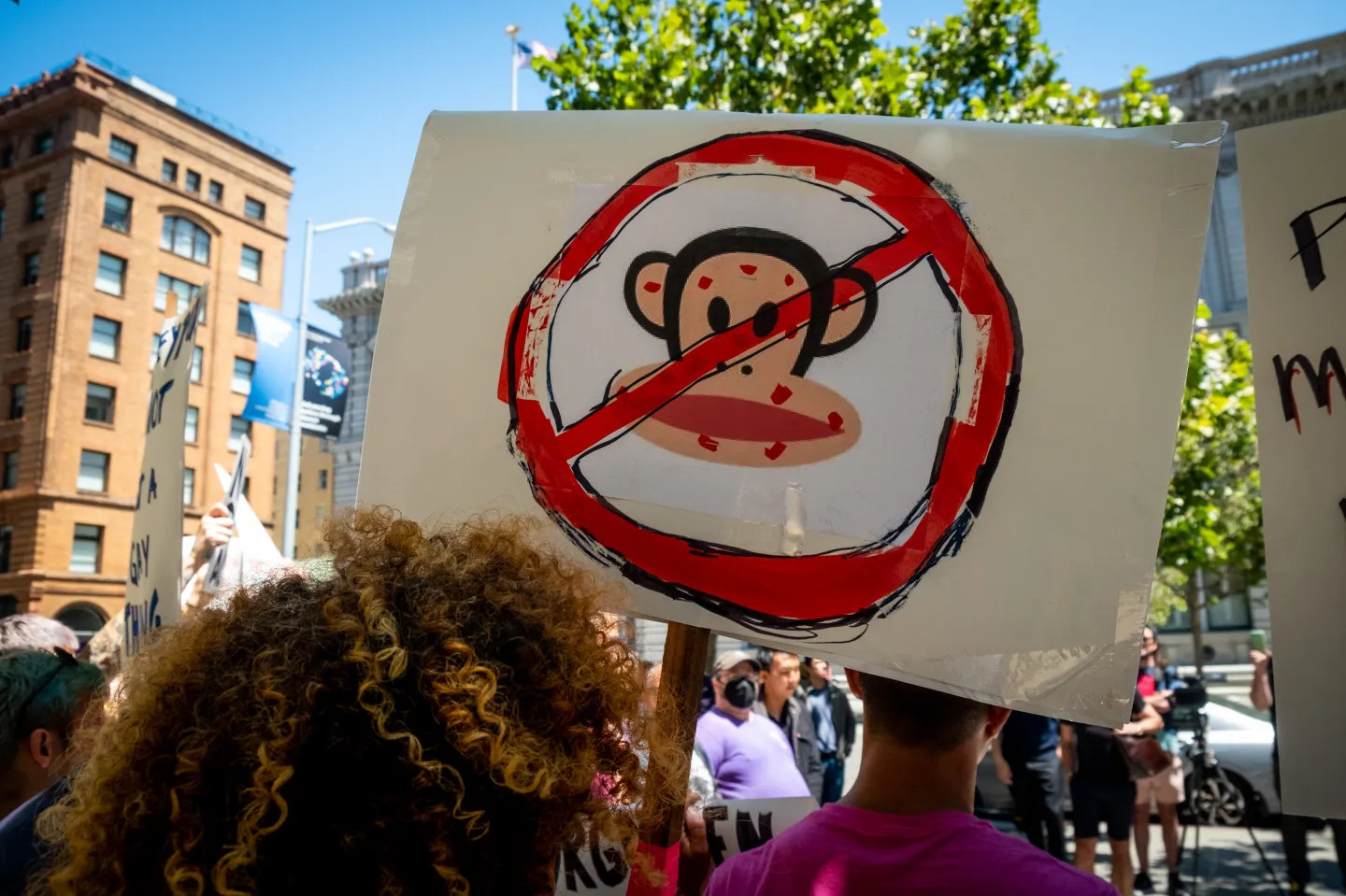



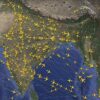



 Get the famous weekly
Get the famous weekly 